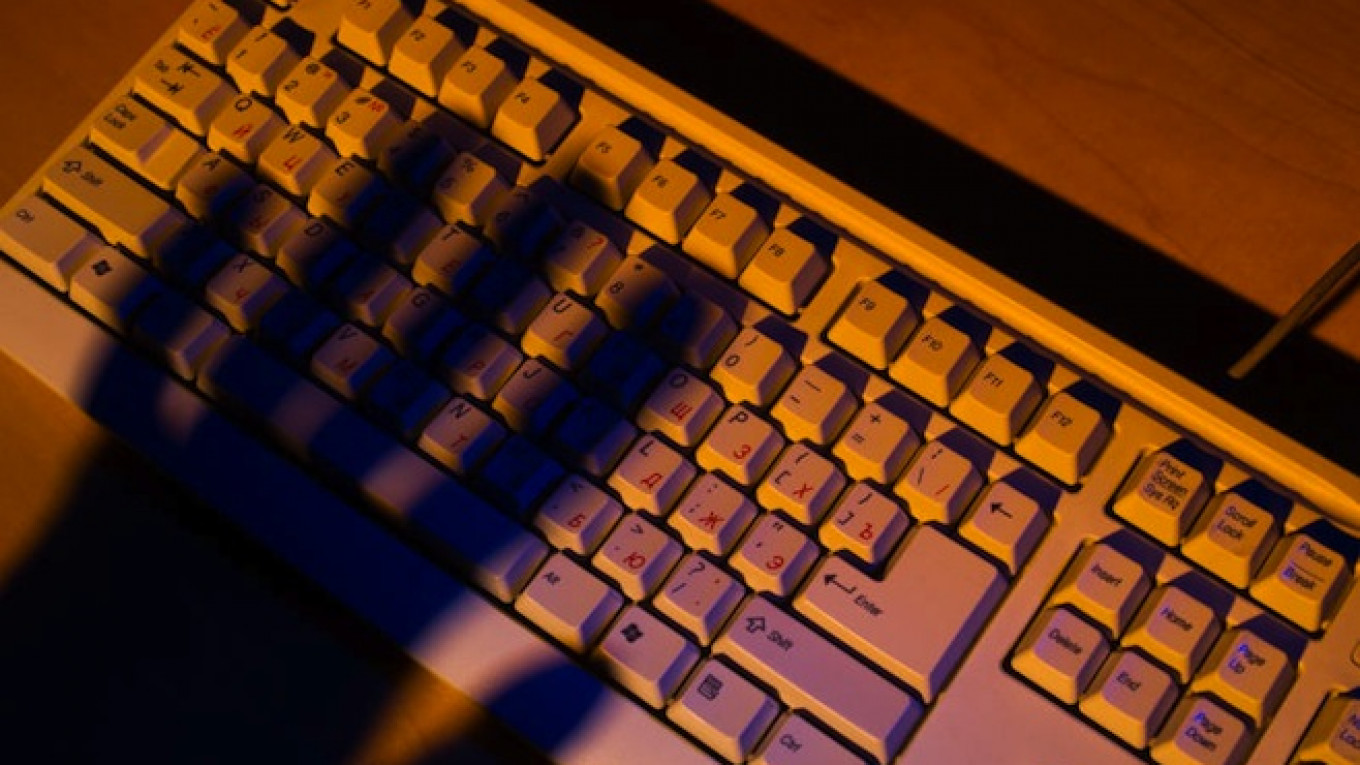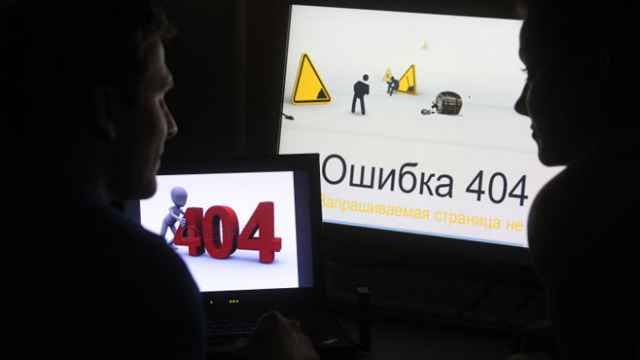Internet users in Russia and Turkey have been subjected to the greatest increase in web censorship over the past year, according to the latest Freedom on the Net survey.
The survey, published Thursday by U.S.-based watchdog Freedom House, ranked 65 countries against a 100-point scale — with higher scores equalling a greater degree of Internet censorship.
Russia and Turkey each gained 6 points this year, the greatest negative trend recorded globally by Freedom House.
Russia now ranks alongside Kazakhstan and Myanmar in 48th-50th place on the list, with 60-points out of the 100-point scale. Iceland and Estonia top the rankings for Internet freedom on six and eight points, respectively.
The scale also brackets countries into three groups according to their level of censorship: "free," "partly free" and "not free."
Russia, which currently falls within the "partly free" bracket of Internet censorship, is now only one point away from being classified as "not free" — a group propped up by China (87 points), Syria (88 points) and Iran (89 points).
Russia and Turkey (43 points) were also found to be the worst performers over a five-year period, with their Internet censorship ranking increasing by 11 and 13 points, respectively, according to the survey.
Overall, the survey recorded a global increase in Internet censorship, with 36 of the surveyed countries curbing Net freedoms during the period from May 2013 to May 2014.
"Countries are rapidly adopting new laws that legitimize existing repression and effectively criminalize online dissent," the study said.
Since last December, Russian authorities have been allowed to ban without court order websites for political content.
Victims of the law include opposition websites Grani.ru and Kasparov.ru, and the LiveJournal blog of opposition activist and whistleblower Alexei Navalny.
In May, Russia also passed a "blogger law," which requires popular bloggers to register with the state and disclose their identity.
However, a senior media watchdog official said in August that nonpolitical bloggers were likely to be exempted from the hard-to-enforce law, Lenta.ru reported.
A Message from The Moscow Times:
Dear readers,
We are facing unprecedented challenges. Russia's Prosecutor General's Office has designated The Moscow Times as an "undesirable" organization, criminalizing our work and putting our staff at risk of prosecution. This follows our earlier unjust labeling as a "foreign agent."
These actions are direct attempts to silence independent journalism in Russia. The authorities claim our work "discredits the decisions of the Russian leadership." We see things differently: we strive to provide accurate, unbiased reporting on Russia.
We, the journalists of The Moscow Times, refuse to be silenced. But to continue our work, we need your help.
Your support, no matter how small, makes a world of difference. If you can, please support us monthly starting from just $2. It's quick to set up, and every contribution makes a significant impact.
By supporting The Moscow Times, you're defending open, independent journalism in the face of repression. Thank you for standing with us.
Remind me later.






